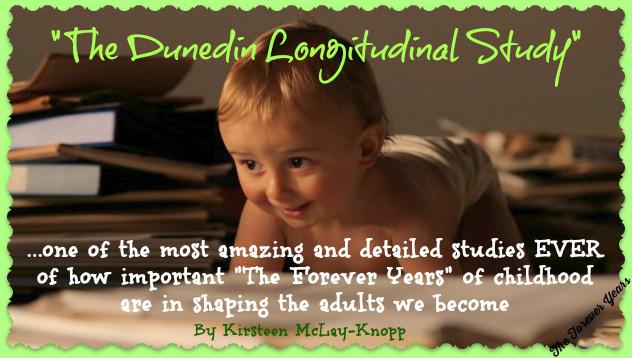
Biological Age Study – Age 38
Dunedin Multidisciplinary Health & Development Study originally had 1037 participants. There were 1007 remaining in 2010.
Reasons for earlier death .
10 died in accidents
12 died from cancer, disease or genetic defects
8 committed suicide
When the participants were 38 they were tested using 18 biomarkers.
What can we do about it?
Firstly understand basic human metabolism. You need energy to run your body. That energy has two possible forms, glucose or fats and ketones. If excessive use of glucose is causing your ill health, the obvious strategy is to convert to a fat based metabolism. The first step in that process is to change what you eat for breakfast.
There are NINE measurements in the biomarkers chosen that we can clearly influence by deliberate action, often by lifestyle changes.
Kidney Function (2)
Urea nitrate. (Ability of the kidney to remove nitrogen)
Creatinine clearance. (Measure of kidney health)
Exercise Related (3)
Forced vital capacity ration. (FEV1/FVC)
Forced expiratory volume in one second. (FEV1)
Cardio-respiratory fitness. (VO2Max)
Physical Condition (4)
Blood Pressure
Periodontal disease. (Gum disease)
Waist-hip ratio
Body mass index
Lifestyle Controls Ageing
It’s not true that we cannot influence the rate at which we age. Animal testing indicates that lifestyle choices make a considerable difference to how healthy we are, and how long we live. Science suggests that we can add many healthy years to our lives. We should be able to live healthy and well to beyond 90, and when death comes it should not be preceded by long disabling illness.
Biological ages at age 38
Of 1007 people tested at chronological age 38, the biological age of the youngest person was 26. Less than 100 people were younger than their chronological age, measured by their biological characteristics. The youngest group were 30-32, biologically.
The age of the median individual was 44. Six years older than 38. The trend was for people to be older.
The person with the oldest biological age was estimated to be 62. The oldest small group were 56-59 years old, biologically. It’s clear that how you choose to live your life matters.
Those who were younger (less than 100) were characterised as “conscientious” people by the researchers. They cared about things, including their own health.
There are 954 people left in this study in 2010. About half the members showed a biological age close to 38 or a little older. A significant number of people were biologically older than their chronological age.
Modern health science has a lot to teach us about metabolic health, about the strong ability of the body to heal itself, if you give it a chance. Cancers can be suppressed, and sometimes eliminated. Vascular fitness can be improved. Eyesight need not deteriorate because of diabetes. Dementia also appears to be a type of diabetes, and perhaps avoidable. Your health is almost entirely in your own hands.
Why then are almost all of us metabolically sick?
Are Your Now Convinced to Give this a try?
Stop going around in circles, you lose some weight, you walk further, you watch too much television, you have coffee and muffins and then you are back to square one. STOP IT. You can.

